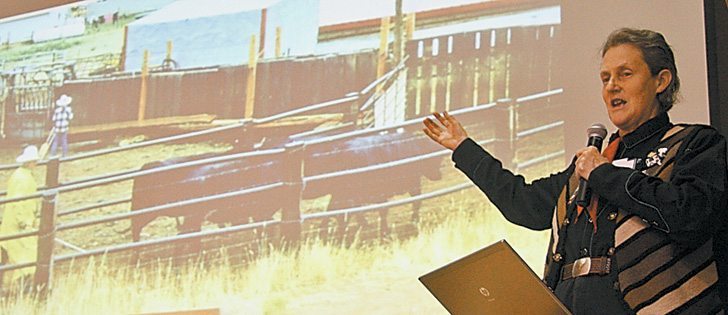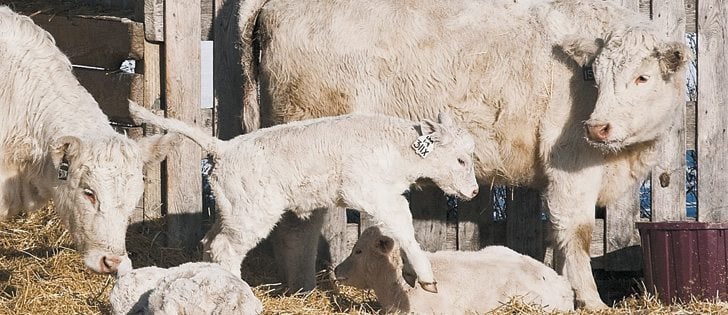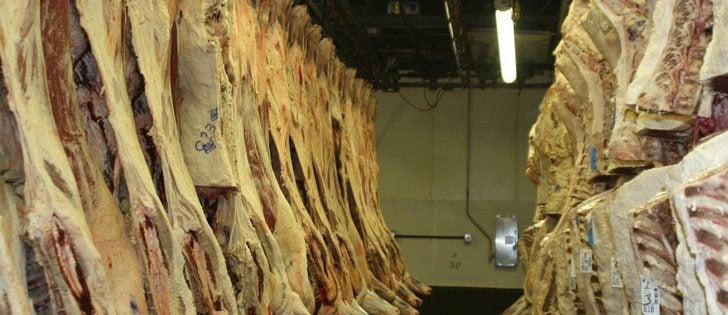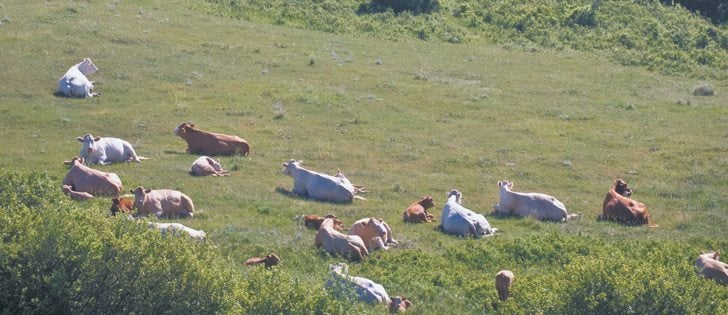One of the potential causes of sudden death in lambs is a condition known as overeating disease or pulpy kidney disease.
The scientific name is enterotoxemia. This disease can affect any age of sheep or goats but tends to occur in vigorous, healthy, rapidly growing young animals.
It often affects single lambs that are nursing heavy milking ewes or slightly older lambs that have been recently turned out to lush pasture.
The disease also occurs in feedlot lambs or in young goats that are being fed high concentrate diets.
Read Also

Trump’s tariffs take their toll on U.S. producers
U.S. farmers say Trump’s tariffs have been devastating for growers in that country.
As the name suggests, overeating disease is associated with a sudden increase of excessive nutrients into the intestinal tract.
The disease is caused by the bacterium Clostridium perfringens, which is a normal inhabitant of the digestive tract of all animals and is commonly found in soil and manure.
However, these intestinal bacteria will rapidly proliferate after an animal consumes excessive nutrients and multiply to excessive levels when exposed to excess starches and sugars.
The high concentrations of Clostridium perfringens also produce a potent toxin that can cause severe inflammation of the intestinal tract, which allows the toxin to be absorbed into the blood stream.
The blood borne toxin can affect the brain, kidneys and lungs and often results in rapid death. The toxin causes a characteristic swelling and softening of the kidneys, which is why the term “pulpy kidney disease” was used to describe the condition.
The most common sign of enterotoxemia is the sudden death of a lamb or kid. It is important to perform post-mortems on young animals that die to have a correct diagnosis.
If observed closely, you may see some of the following signs in affected animals:
- off feed, lethargy
- signs of colic, abdominal pain such as kicking at belly and laying down and bleating
- signs of nervous disease such as falling over and seizure-like symptoms
- sheep that survive for a longer period of time may show profuse diarrhea
Clostridial vaccines can provide protection against overeating disease.
Each animal requires a primary series, which consists of an initial vaccination and a booster vaccination approximately four weeks later.
Each ewe should be given a yearly booster once the primary series has been administered. Breeding ewes and does should receive it one month before lambing or kidding, which will provide high levels of antibody in the colostrum to protect young lambs and kids early in life.
All lambs and kids should receive a primary booster at two to four months old or before weaning.
These vaccines do not seem to provide as long-lasting immunity in goats and they may need to be boostered at regular intervals if fed high concentrate rations.
Clostridial antitoxin will provide immediate protection in the case of an outbreak in an unvaccinated herd of sheep or goats until a primary series of vaccination can be administered. If possible, remove heavily milking ewes from lush pasture if an outbreak is occurring.
Overeating disease can occasionally occur even in well vaccinated flocks, and it is important to maintain a steady intake of feed and milk.
Environmental issues such as hot weather, water deprivation and chilling because of wet bedding can suddenly depress the feed or milk intake of young lambs.
They may over-indulge when they begin eating again and create the optimal conditions for the Clostridial bacteria to multiply.
Overeating disease in lambs or goats on concentrate rations can be prevented by dividing grain feeding into multiple feedings a day, mixing grain into a total mixed ration with forages and gradually increasing the concentrate levels.














